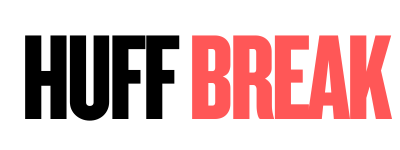People have been left furious after a popular college course has been ‘excluded’ as a ‘professional degree’ by the Department of Education.
As part of President Donald Trump‘s ‘One Big Beautiful Bill Act’, ‘professional degree’ students can access a student loan limit of $200,000, while others not deemed as a ‘professional degree’ are limited to $100,000 for their studies.
One occupation that has been excluded as a ‘professional degree’ is nursing – a decision which has caused concern and outrage among organizations which say that excluding nurses threatens patient care.
With over 260,000 students currently enrolled in Bachelor of Science in Nursing courses across the US, and 42,000 in Associate Degree in Nursing programs, there is concern that the move could see a drop in the number of nurses across the US.

“Nursing is the backbone of the healthcare structure in the United States,” Dr Jennifer Mensik Kennedy, president of the American Nursing Association, told NewsNation.
“We are short tens of thousands of nurses and advanced practice nurses already. This is going to stop nurses from going to school to be teachers for other nurses.”
Meanwhile, the American Association of Colleges of Nursing said in a statement: “Excluding nursing from the definition of professional degree programs disregards decades of progress toward parity across the health professions and contradicts the Department’s own acknowledgment that professional programs are those leading to licensure and direct practice.
“Should this proposal be finalized, the impact on our already-challenged nursing workforce would be devastating.”

It is not currently clear if nursing has ever been classed as a professional degree; however, the fact that it now contributes to decisions over student loans makes it a significant move.
In a statement, the Department of Education’s press secretary for higher education, Ellen Keast, told Newsweek: “The Department has had a consistent definition of what constitutes a professional degree for decades and the consensus-based language aligns with this historical precedent.
“The committee, which included institutions of higher education, agreed on the definition that we will put forward in a proposed rule.
“We’re not surprised that some institutions are crying wolf over regulations that never existed because their unlimited tuition ride on the taxpayer dime is over.”

The department has deemed the following occupations as ‘professional’ – medicine, pharmacy, law, dentistry, osteopathic medicine, optometry, podiatry, chiropractic, veterinary medicine, theology, and clinical psychology.
Meanwhile, physician assistants, physical therapists, educators, social workers, audiologists, architects and accountants were not classed as ‘professional’.
